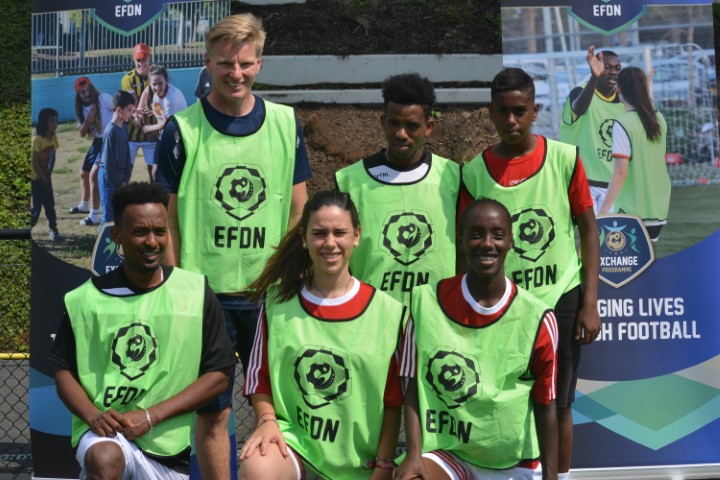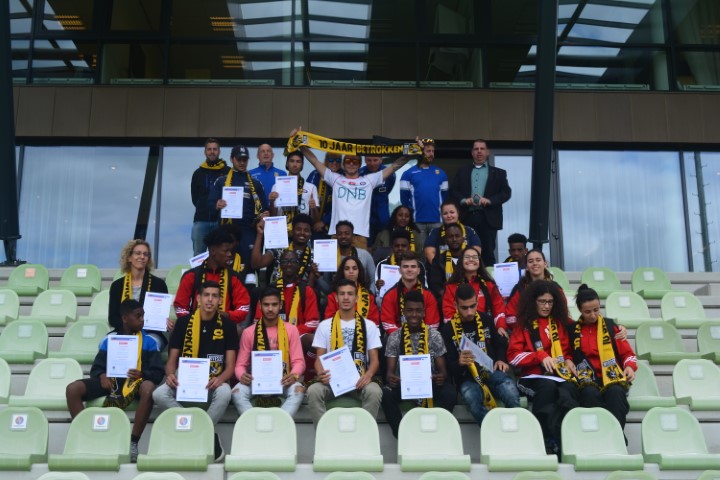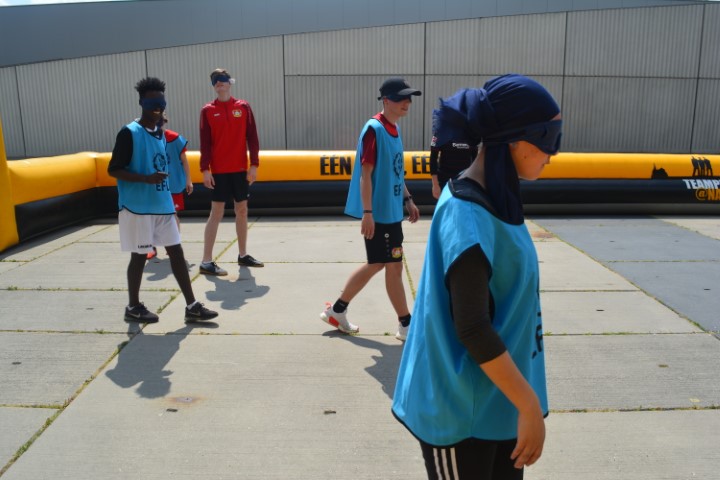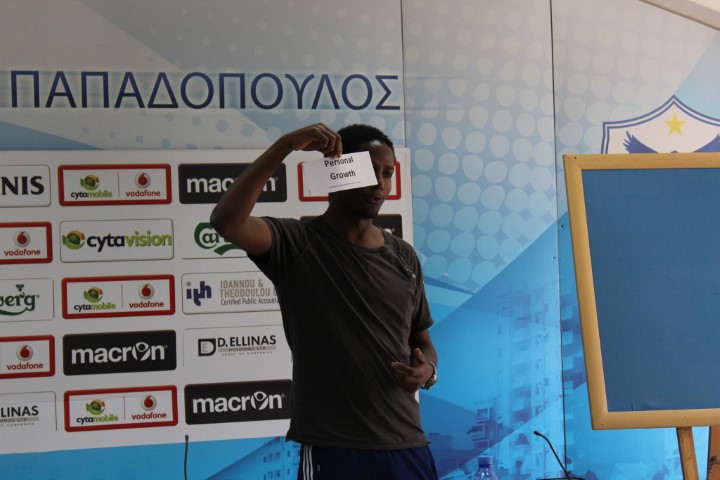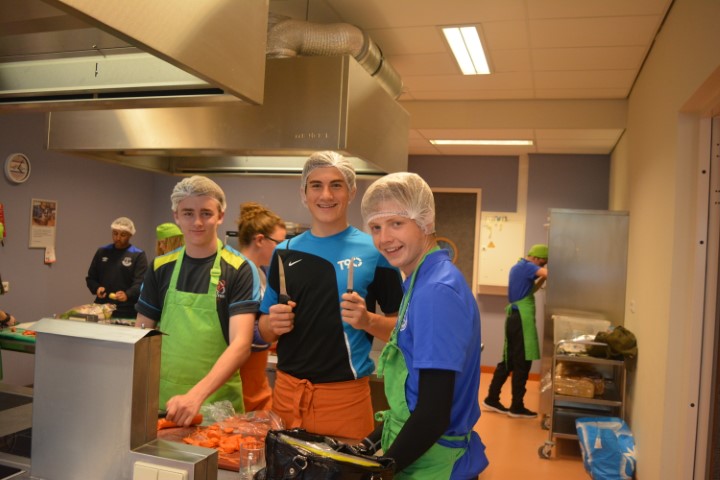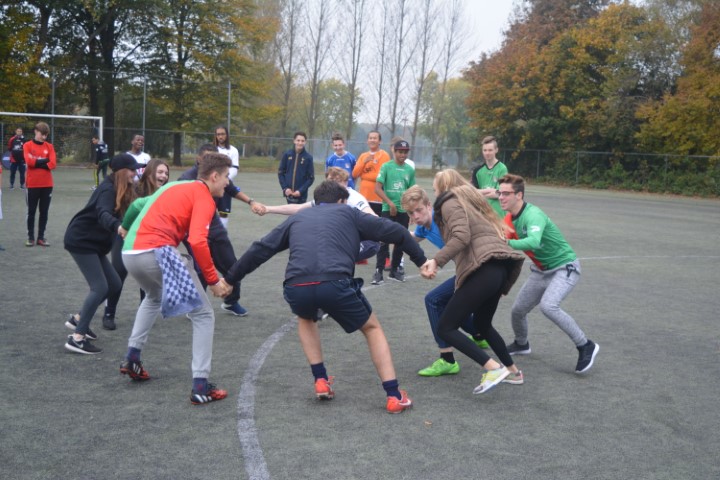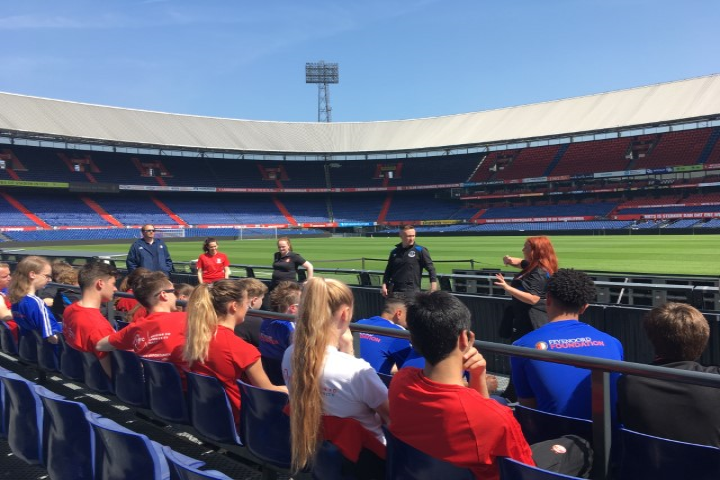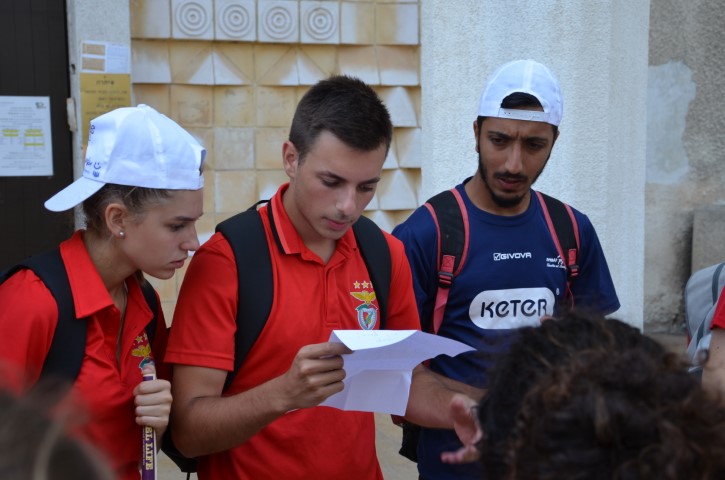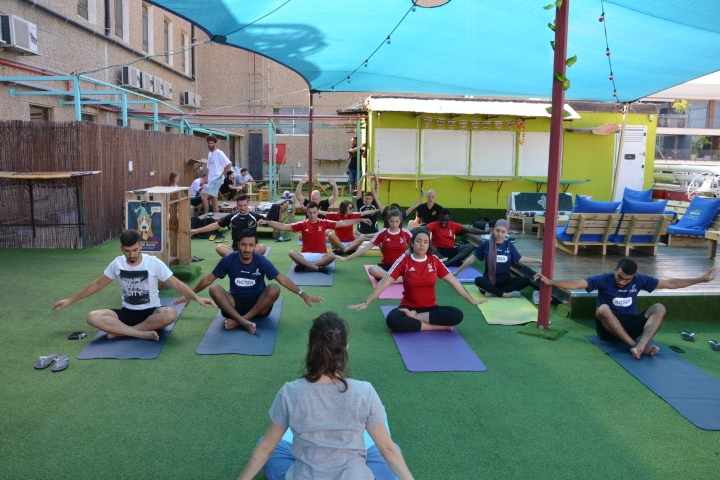EFDN celebrates World Youth Skills Day
The World Youth Skills Day (WYSD) is celebrated globally on the 15th of July every year to raise awareness about the importance of investing in youth skills development.
FACTS
Unemployment and underemployment among young people is an issue all over the world. According to the United Nations, young people are almost three times more likely to be unemployed than adults and continuously exposed to lower quality of jobs, greater labor market inequalities, and longer and more insecure school-to-work transitions. In addition, women are more likely to be underemployed and under-paid, and to undertake part-time jobs or work under temporary contracts.
OBJECTIVE OF THE WYSD
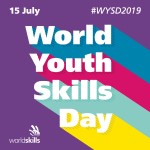 The WYSD seeks to generate greater awareness of and discussion on the importance of technical, vocational education, and training and the development of professional and personal skills relevant to both local and global economies, with the hope to contribute to reducing unemployment and underemployment among youth across the globe. It is a good occasion to look at the various aspects of youth skills and also an opportunity to appreciate the hard work of skilled workers, highlight their achievements, and encourage them to set new objectives.
The WYSD seeks to generate greater awareness of and discussion on the importance of technical, vocational education, and training and the development of professional and personal skills relevant to both local and global economies, with the hope to contribute to reducing unemployment and underemployment among youth across the globe. It is a good occasion to look at the various aspects of youth skills and also an opportunity to appreciate the hard work of skilled workers, highlight their achievements, and encourage them to set new objectives.
CELEBRATIONS OF THE 2019 WYSD
In support of UNESCO’s theme for this year “Learning to learn for life and work”, WorldSkills are developing a video campaign to encourage young people from around the globe to develop selfie style videos that outline how their life has changed by learning a skill. The organisation will also encourage people to share in a 1-minute video what motivated them to learn a skill, what they learnt about themselves in the process, and how they continue to master their skills everyday. As part of this year’s celebrations, the UNESCO-UNEVOC International Centre for Technical and Vocational Education and Training will also organise a Skills in Action Photo Competition 2019
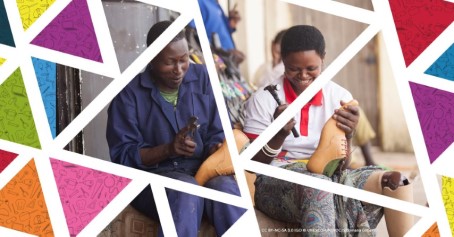
At EFDN, we believe that skills development will be a driving force in the achievement of the UN Sustainable Development Goals. Below we highlight our “Youth Exchanges” which aim to help young people developing the skills they need for the workforce and beyond.
WHAT IS A YOUTH EXCHANGE?
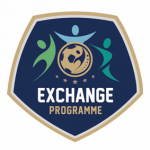 Launched in 2015 with the support of Erasmus+, EFDN Youth Exchanges allow football clubs to provide groups of young people from different countries to meet, live together and work on shared projects. During one week, the participants have the chance to take part in various activities such as workshops, exercises, debates, role-plays, outdoor activities and more, that work towards shared themes of objectives. The ultimate goal of the exchange is to improve the confidence of the participants and encourage them to take an active role in society.
Launched in 2015 with the support of Erasmus+, EFDN Youth Exchanges allow football clubs to provide groups of young people from different countries to meet, live together and work on shared projects. During one week, the participants have the chance to take part in various activities such as workshops, exercises, debates, role-plays, outdoor activities and more, that work towards shared themes of objectives. The ultimate goal of the exchange is to improve the confidence of the participants and encourage them to take an active role in society.
THE YOUTH EXCHANGE EXPERIENCE
The participants are selected by their local coaches. All the participants have the responsibility to organise a part of the programme. Each participating country organises its own cultural evening and serves a dinner that is a typical dish from their country. Along with the typical dish, they have the opportunity to present their country and culture through dance, music, workshops and games. Moreover, each group is responsible for leading one sports activity, which they much link to a cultural topic or issue that reflects their cultural standards and values.
But that’s not all. Participants also discover non-formal learning activities such as Walking Football, Blind Football, and other activities that allow them to work on invisible barriers in society and develop strategies to overcome them. At the end of the exchange, every participant receives the Youth Pass Certificate. While supporting the young participants, the staff members also learn a lot from the comprehensive programme. During the Youth Exchanges, best-practices and new insights are shared and the staff members can use the evaluation and reflection time between the activities to discuss opportunities and challenges they face at their club. In the past years, Youth Exchanges took place among others in Arnhem, Tel Aviv , Rotterdam, Larnaca and Nijmegen, and more recently in Breda.

